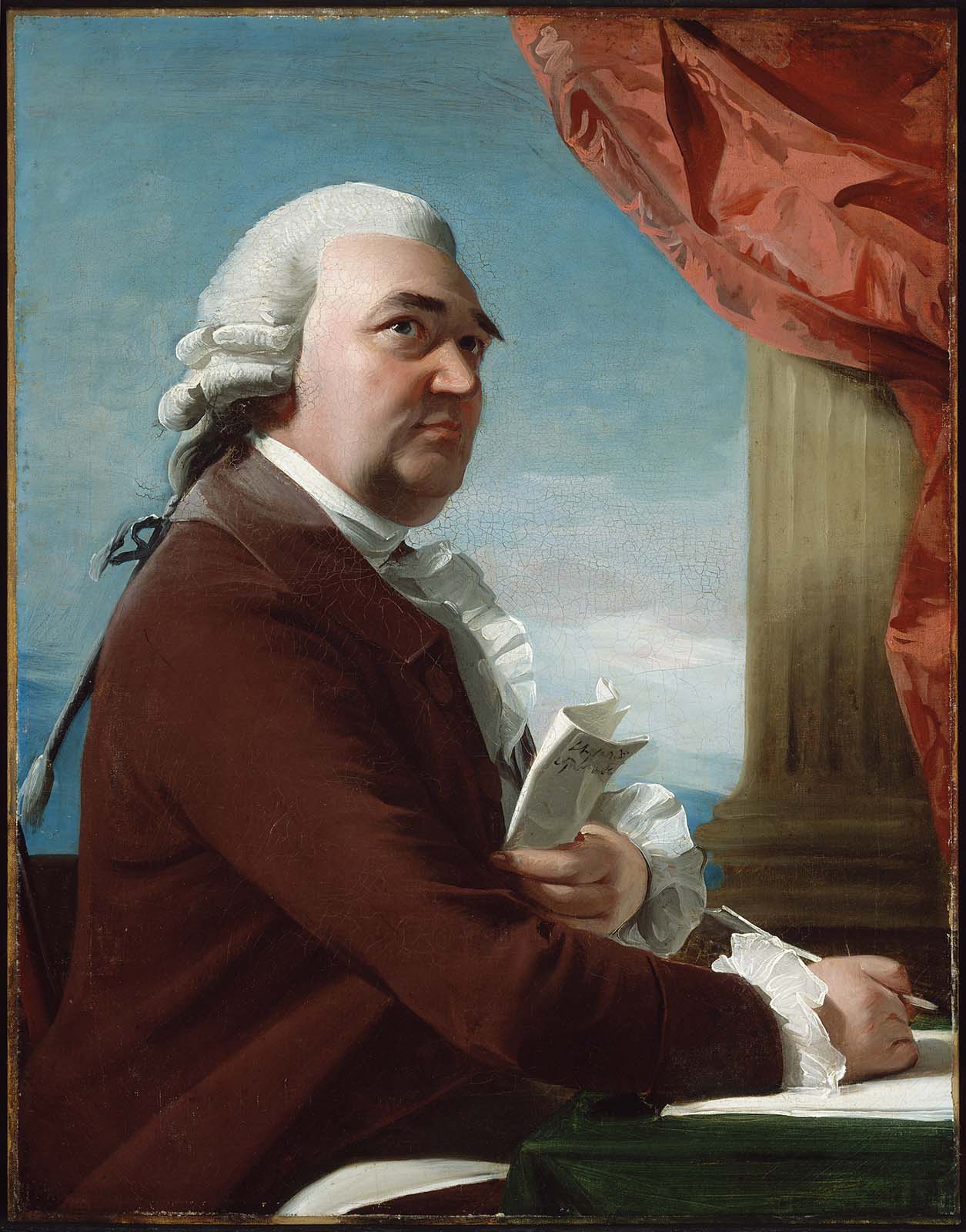“A sort of an assembly at Concert Hall”
Yesterday we left the Boston Whigs in mid-December 1768 crowing over the failure of pro-Crown officials and army officers to pull off a dancing assembly.
That triumph didn’t last, however, and on 23 December the Whigs had to report:
At this point the recently arrived music and dance master James Joan was no longer advertising his own events in the home he had dubbed “Music Hall.”
The Deblois family who owned Concert Hall had advertised series of musical performances in previous years:
There were no such ads from Concert Hall in the fall of 1767 or 1768. One possibility is that the concerts were so popular that there was no need to advertise them in the newspapers. More likely, the Debloises hadn’t been able to sell enough season tickets in 1766 to make the events worthwhile.
The arrival of the British army regiments in October 1768 changed that. But even then the demand for concerts and balls probably wasn’t big enough to support two series in Concert Hall and Music Hall. Instead, it appears that in 1769 James Joan allied with the Deblois family to offer concerts in their building.
TOMORROW: The night it all went horribly wrong.
That triumph didn’t last, however, and on 23 December the Whigs had to report:
It may now be said that the G[overno]r and C[om]m[issione]rs have the last night had a sort of an assembly at Concert Hall;A sick burn indeed.
Never were the gentlemen concern’d more liberal in their invitations, even those ladies who declin’d subscribing, had their cards; the neighbouring towns were reconnoitred for females, and the good natured S——r [Solicitor Samuel Fitch?] of the B[oar]d of C[om]m[issione]rs was so complaisant as to offer to go as far as Salem to bring two damsels from thence; their efforts were finally so successful, as to procure from among themselves and their connections, about ten or twelve unmarried ladies, whose quality and merits have been since related with the spritely humour of a military gallant.—
The ball was opened by Capt. [John] W[illso]n,—a gentleman who has been already taken notice of in this Journal; There was indeed a numerous and blazing appearance of men, but the ladies of all ages and conditions so few, that the most precise Puritan could not find it in his heart to charge said assembly with being guilty of the crime of mixt dancing.—
At this point the recently arrived music and dance master James Joan was no longer advertising his own events in the home he had dubbed “Music Hall.”
The Deblois family who owned Concert Hall had advertised series of musical performances in previous years:
- Boston Gazette, 23 Sept 1765: “A CONCERT OF MUSICK is propos’d to be carry’d on at Concert-Hall for the ensuing Season. The Articles of Agreement may be seen by applying to Mr. Deblois at Said Hall: If a sufficient Number of Gentlemen subscribers, it will be opened the first Tuesday in October next.”
- Boston News-Letter, 2 Oct 1766: “Public Notice is hereby given, That a Concert of Musick is intended to be opened on Tuesday next, being the 7th of October, to be continued every Tuesday Evening for Eight Months. Any Gentlemen inclining to be Subscribers may know the Terms by applying to Stephen Deblois, at the Concert-Hall in Queen street.”
There were no such ads from Concert Hall in the fall of 1767 or 1768. One possibility is that the concerts were so popular that there was no need to advertise them in the newspapers. More likely, the Debloises hadn’t been able to sell enough season tickets in 1766 to make the events worthwhile.
The arrival of the British army regiments in October 1768 changed that. But even then the demand for concerts and balls probably wasn’t big enough to support two series in Concert Hall and Music Hall. Instead, it appears that in 1769 James Joan allied with the Deblois family to offer concerts in their building.
TOMORROW: The night it all went horribly wrong.


No comments:
Post a Comment